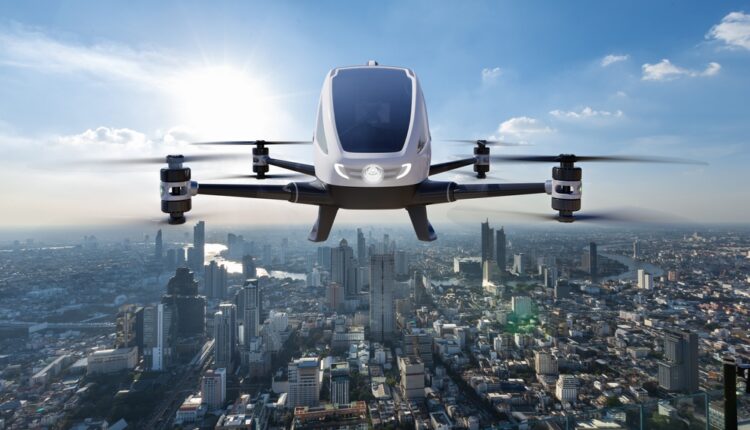Saudi Arabia’s Bold Move into Autonomous Aerial Mobility
Saudi Arabia is entering a transformative era in transportation. In a landmark partnership with Front End, Cluster 2 Airports, and Chinese aviation pioneer EHang, the Kingdom is preparing to move beyond pilot programs and begin deploying autonomous aerial mobility solutions across its cities.
Moreover, this initiative supports both passenger travel and cargo transport, thereby enabling self-flying vehicles to navigate urban skies safely and efficiently. What sets this project apart is its integration with an innovative Urban Traffic Management (UTM) system, which links airspace control with ground infrastructure to create a seamless transportation network.
According to Majid Alghaslan, CEO of Front End, the project reflects Saudi Arabia’s bold commitment to innovation. “We are proud to lead Saudi Arabia into the era of autonomous aerial mobility,” he said. Under the newly signed Memorandum of Understanding (MoU), the focus will be on safety, regional certification, and full-scale rollout.
Autonomous Aerial Mobility Aligning with Vision 2030
Analysts project the global urban air mobility market will reach $150–$200 billion by 2030, with aerial vehicles playing a pivotal role in both passenger transportation and logistics. Saudi Arabia aims to take a leadership position in this emerging field, tying the growth of autonomous aerial mobility directly to its Vision 2030 goals of innovation, sustainability, and economic diversification.
Momentum is already building:
- In June 2024, a successful unmanned air taxi demonstration was held in Mecca, proving that autonomous aerial mobility is viable in local conditions.
- With the MoU now in place, the focus shifts from testing to real-world deployment across Saudi cities.
- Regulatory frameworks, certifications, and infrastructure planning are already underway, paving the way for large-scale operations.
The Sky Is No Longer the Limit
Saudi Arabia’s investment in autonomous aerial mobility is about more than just new technology—it’s about reshaping how cities operate and how people and goods move.
Although challenges like regulation, safety, and infrastructure persist, Saudi Arabia has already laid the groundwork. The Kingdom’s strategic approach signals its intent to lead in next-generation mobility.
If successful, Saudi skies could soon become the highways of tomorrow, ultimately placing the country at the forefront of global transportation innovation.
Love cars? Follow ArabWheels and stay ahead with the latest in automotive news and trends.

